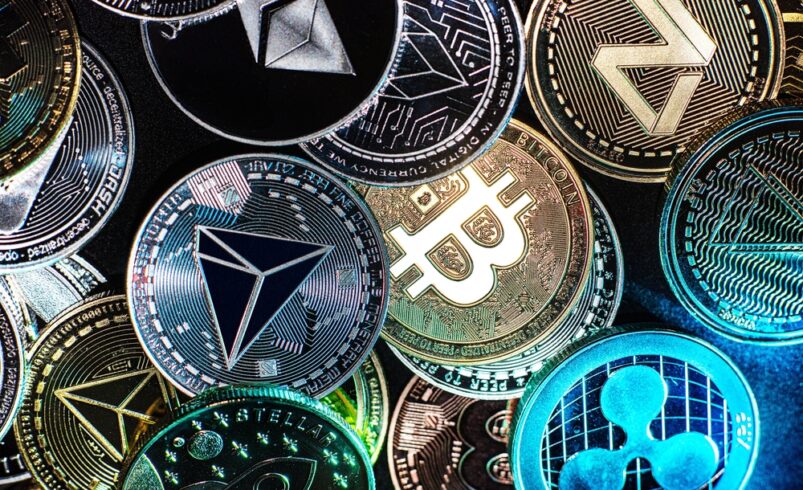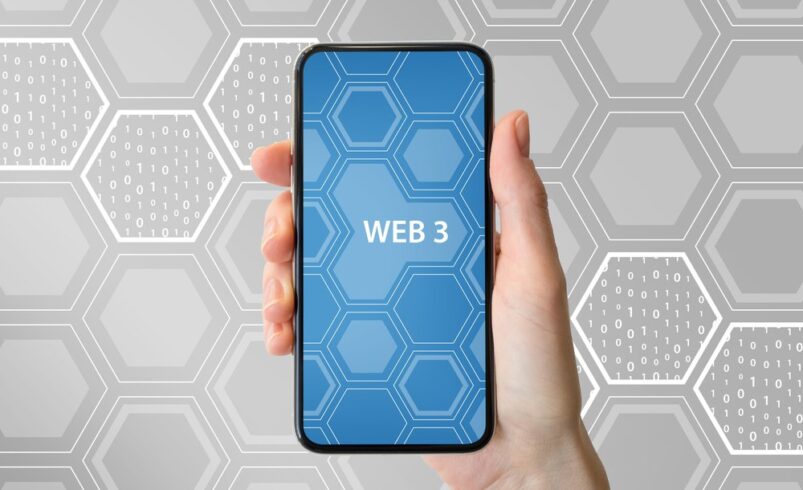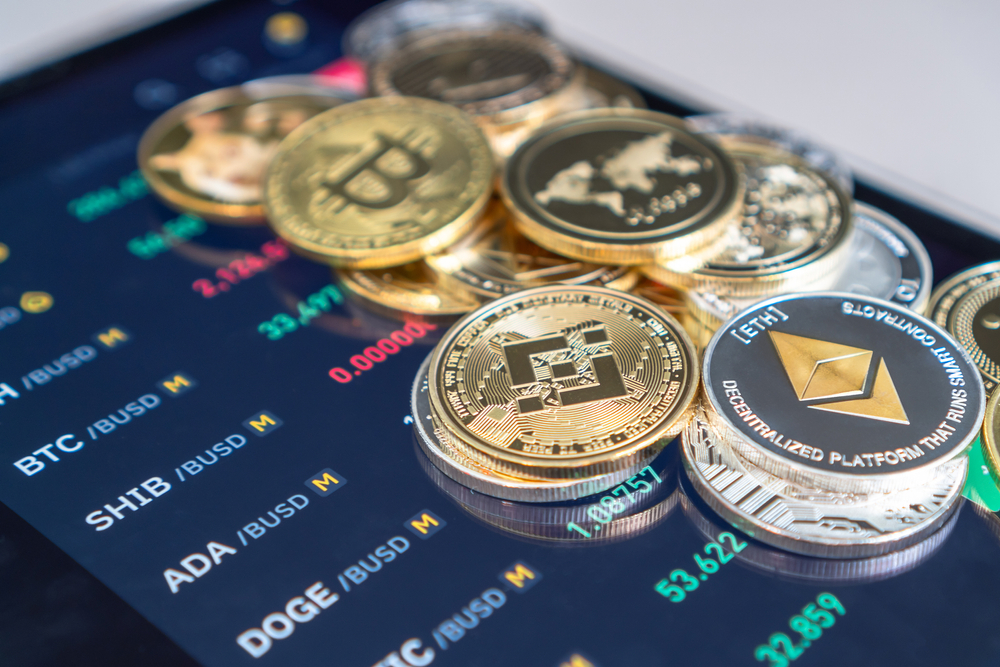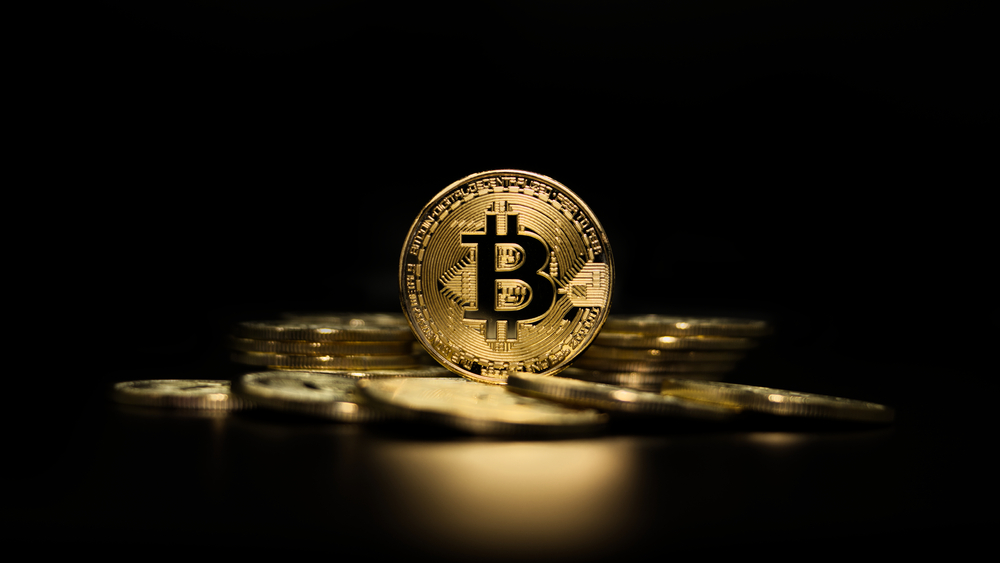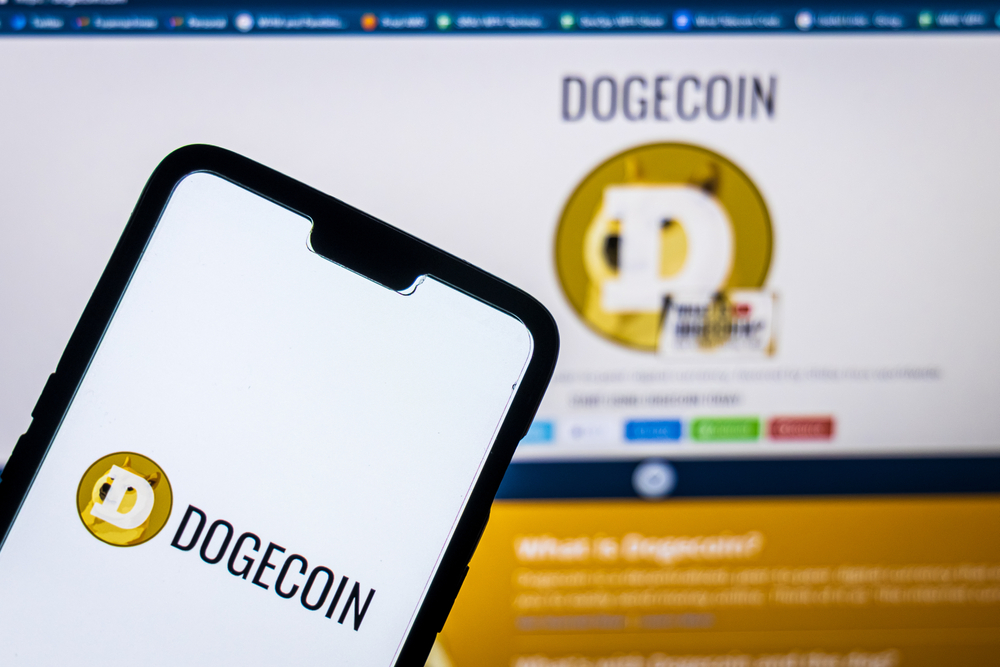What is Crypto Gaming? A Complete Guide

What is Crypto Gaming?
The application of blockchain is not limited to issuing cryptocurrencies, NFTs, and working as digital ledgers only. These ecosystems are also used for a multitude of new tasks and blockchain-based gaming protocols are one of these utilities.
Blockchain games have digital currency-based economies and they have also tradeable in-game products such as avatars, themes, weapons, and other assets. Cryptocurrency games have gained popularity to bring greater autonomy to the players.
How does Crypto Gaming Work?
Crypto games are branched out of GameFi networks. It means that gaming software makes use of decentralized finance or DeFi infrastructure. These games are based on blockchain and smart contracts to allow gamers to incorporate features of decentralized finance systems in these games.
Gamers can trade in-game assets with other players in exchange for in-game tokens. These tokens are also listed and traded in the spot market. Gaming products are created in the form of NFTs or non-fungible tokens that bring digital ownership and allow gamers to have legal propriety of their in-game products.
Try Crypto Engine today, the best crypto trading bot! Click here to sign up. Artificial intelligence crypto bots are leading the trading markets, you can take part in the AI revolution and make money too! Stay ahead of the crypto game with Artificial Intelligence crypto trading bot today!
What is a Crypto Gaming Token?
Crypto games also have native coins that are minted on a blockchain. These games are used for trading and financial transactions within the game. Gaming coins are usually tokens since they are not native to the blockchain where the games are built.
Gaming coins present the concept of player-owned economy where they are able to manage, trade, and transfer virtual currencies using Peer-to-peer networks.
In this manner, these gaming protocols offer economic opportunities for the players by allowing them to earn gaming coins by participating in the ecosystem of the game.
These tokens are powered by blockchain networks and provide transparency and easy transference of digital currencies. Gaming coins are fungible meaning that they are interchangeable with other coins offering the same value.
Furthermore, these coins can be divided into smaller units or exist in the form of an NFT. NFTs are virtual assets that represent the value, character, and property within the given game.
Utility of Gaming Coins
Here are some important utilities associated with gaming coins:
In-game Commerce
Players in crypto gaming protocols are incentivized by earning the native token. Crypto games adopt models such as play-to-earn where players can earn coins by completing tasks, signing up, or passing levels etc.
Players can use these tokens to purchase in-game assets such as goods, unlock new features, or trade them with other players. Transactions on these platforms take place in a P2P manner sans third-party intermediaries.
Since blockchain games are interoperable therefore players can use tokens from one ecosystem in other networks creating a unified economy allowing players to manage their reserves from one wallet.
Bonuses
Players may also earn special rewards when interacting with the gaming ecosystem. In this manner, they can earn coins by completing milestones, quests, or unlocking new achievements etc. These coins incentivize players to do better and improve their participation.
Decentralized Governance
Games are also used for decentralized governance meaning that players have greater autonomy control over their in-game assets. Using crypto games, players can have individual propriety over their crypto holdings without the influence of centralized authority.
It means that players have legal ownership over in-game possessions that they may independently enhance, trade, or giveaway at their discretion.
Community
Gaming coins are traded among community members for communication and governance. Players are allowed to use their token possessions to make decisions, cast a vote, or participate in community-based initiatives. In this manner, community members cooperate with each other offering support, resources, and sharing information.
Risks Associated with Crypto Games
Here are some risks associated with cryptocurrency games:
Project Uncertainty
Crypto games run the risk of technical lags, competition, limited user adoption, and governance issues. Any unfavorable changes in the gaming protocol are reflected in the token prices.
Speculation
Changing market sentiment and demand can have an adverse impact on the price of game tokens.
Storage Risk
Gaming coins are stored in digital wallets and they are vulnerable to hacks, security breach, and other losing private keys etc.
Limited Liquidity
Gaming tokens with limited liquidity pose a trading obstacle leading to widening bid-ask difference and price slippage.
Conclusion
Crypto games are one of the various branches of blockchain that is making continuous progress. Crypto games are likely to evolve into more complex and intricate networks in near term offering same user experience as traditional games.
Disclaimer: Latest Coin News is your go-to platform for promoting content for a multitude of cryptocurrency and blockchain enterprises, and your organization could be the next to benefit from our services! For inquiries, don’t hesitate to connect with us via our Telegram Chat. Given the volatile nature of the cryptocurrency market, we encourage you to conduct comprehensive research prior to making any investment decisions. Some of the content on our website, such as broker reviews, is either paid content or contributions from guest authors and may not necessarily reflect the views of Latest Coin News. We disclaim any responsibility for the accuracy, quality, and content of advertisements, products, or any other materials, including ad spaces displayed on our platform. For a thorough understanding, we invite you to review our full terms and conditions and disclaimer.

